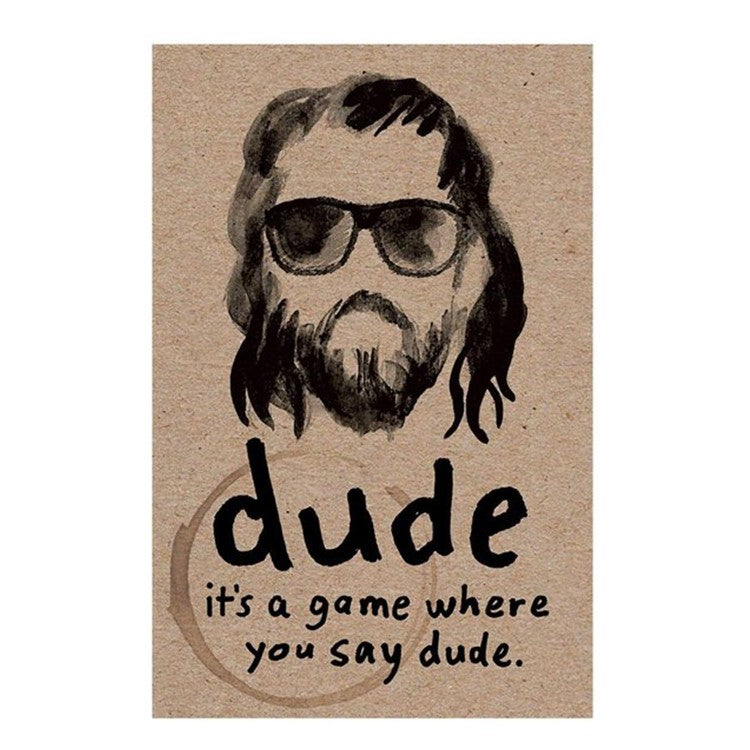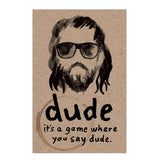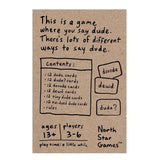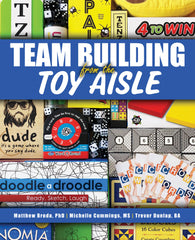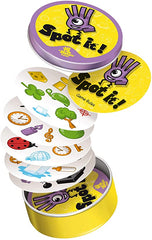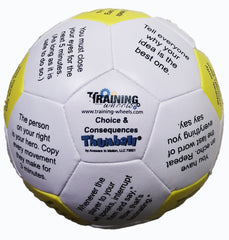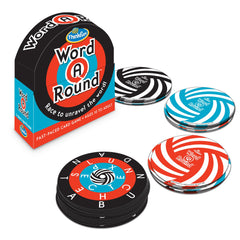Dude
Dude Card Game: Hilarious Communication and Listening Challenge
Get ready to laugh until you cry with the Dude card game—a fun and fast-paced activity that challenges players to say the word "dude" in unique ways and find their matching partners. Inspired by the classic Hog Call icebreaker, Dude adds a playful twist that highlights the importance of tone and effective communication in a high-energy group setting.
Key Features:
-
Engaging Gameplay: Players say "dude" as it appears on their card, using different tones and styles to find their matching pairs.
-
Communication Focus: Designed to teach and surface awareness of tone, body language, and emotion in everyday communication.
-
Easy Setup: Simple instructions and pairs of Dude cards make it quick to organize and play in any space.
-
Inclusive Fun: Perfect for groups of all sizes, indoors or outdoors, fostering laughter and connection.
-
Facilitator Friendly: Includes guidance for leading the activity and debriefing on communication skills.
Why We Love It:
Dude is more than just a silly game—it’s a powerful tool for teaching effective communication and listening skills in a memorable and entertaining way. The game’s humor and simplicity make it accessible to everyone, while the debrief encourages reflection on how tone and delivery impact understanding. Whether you’re leading a team-building session, classroom activity, or social gathering, Dude brings energy, insight, and lots of laughs.
This video highlights a group at a conference playing 'Find Your Dude'
This game walks a fine line between ridiculous and educational. If you are working with a group that already thinks that team building games are dumb, this might not be your first choice of effective communication games. The message is still strong, but the activity itself is pretty goofy.
Possible Reflection Questions or Topics:
- Creativity in challenging communication areas
- Vulnerability
- How did you find your group?
- What was difficult about finding your group?
- What do you think was the purpose of this game?
- How does the tone of our voice change the message we are sending?
Why is it important to surface conversation around tone and the way we say things?
And also, there is a second set of Dude cards called More Dude. Seriously, are you laughing yet? The More Dude cards went out of print in 2022, so sleuth the internet to see if you can find a random deck still out there to add to your bag of tricks.
